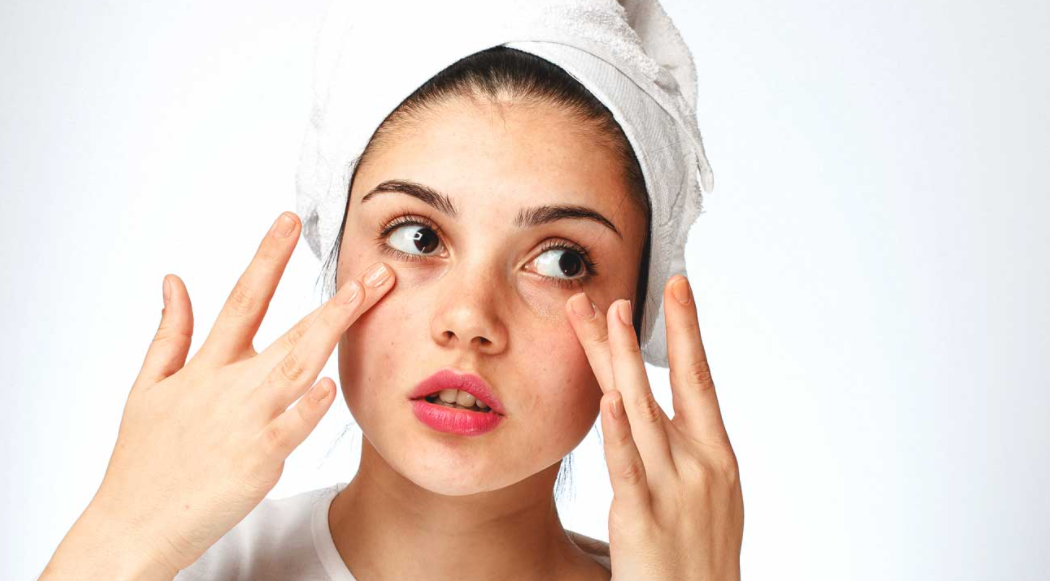
Dry skin develops when the skin does not retain enough moisture as a result of frequent washing, severe soap use, aging, or certain medical disorders. The moisture content of the skin epidermis tends to reflect the level of humidity around it, making wintertime a particular concern because the humidity is low both outside and indoors, and the water content of the outermost layer of skin tends to reflect the level of humidity surrounding it. Because dry skin generates less sebum, the natural lubricant of the skin, it often feels dehydrated, especially in the winter.
Even though your skin is normally healthy throughout the year, you may acquire a winter rash during the colder months. The problem is prevalent, and it frequently recurs year after year. Many people who live in frigid climates have had at least one experience with it. If you are someone who is dealing with skin drying lately then this blog is for you specially. As we have mentioned, the best ways by which you can treat your dry skin or prevent your skin from drying.
Itchy skin symptoms
Dry, itchy skin can hurt your day-to-day life. It can also make it difficult to get a good night’s sleep, as well as cause worry and despair. Itching on the skin, rough and dry spots on the arms, hands, abdomen, ankles, hands, back, and buttock, and also in the nether regions are some of the most prevalent symptoms.
10 ways to prevent itchy, dry winter skin:-
Make changes to your skin care routine.
If your facial skin appears to be particularly sensitive or inflamed as a result of the dry winter air, you might wish to simplify your skin care routine for the time being. Bear in mind that your skin’s hydration barrier must be healthy for serums, and other beauty treatments to work properly.
Also, inflamed skin may be more sensitive to chemicals such as scent and alcohol. As a result, things that would typically feel nice on your face may become irritants. Keep your skincare routine as easy as possible. In the morning, use only a moisturizer and sunscreen, and at night, use a light cleanser with a moisturizer.
Increase the frequency of moisturizing
It’s extremely critical to moisturize the dry winter air, but not just any lotion will suffice this time of year. Develop a habit of using fragrance-free petroleum or cream-based moisturizer to your face and body every day, ideally shortly after showering, even if you don’t have a full-fledged skincare routine. Hydrating while your skin is still wet is called “soak and seal,” and it locks moisture on the surface of your skin, making it feel softer.
Make a habit of putting a thick, emollient moisturizer on your hands since you might be rinsing your hands significantly more than usual this time of year to prevent the transmission of germs.
Use sunscreen daily.
It’s appealing to skip sunscreen in the mornings during the winter because the days are shorter and there is less sunshine, but don’t. Even in the winter, damaging UV rays can cause damage to your skin’s moisture barrier, which is essential for skin health and nourishment. After using a moisturizer in the morning, apply a layer of sunscreen.
Aloe vera
Aloe vera leaves contain a gel that has skin-healing qualities. It’s included in a variety of skincare products, but when used straight up, it’s an extremely effective home remedy. Before using aloe vera regularly, see how your skin reacts to it.
Make use of a humidifier.
Because winter air becomes less humid, interior humidity levels fall as well. In the winter, if your furnace includes a built-in humidifier, you may wish to adjust the settings.
A humidifier from the store might also assist to protect your skin from the cold. If you have an ultrasonic humidifier or a steam vaporizer in your house, make sure to clean it regularly to avoid mold and bacteria.
Protect Yourself From Dry Air
Cold, dry air can rob your skin of hydration, leaving it chapped, flaky, and even cracked if it’s too dry. Keep your barriers intact to protect your skin from the elements. This frequently entails addressing health issues that cause the skin to lose fats, making it more prone to dryness and exposure to dry air.
To moisturize your skin from the inside out, drink plenty of water.
You’ll look healthy on the outside if you’re healthy on the inside, which includes having supple, moisturized skin. It is critical to maintaining a healthy lifestyle. To keep your mind, body, and skin healthy, drink plenty of water, eat well, exercise often, and reduce stress. Consider how everything you do, subject it to and apply to it influences how healthful your skin is.
Coconut Oil
It is a distinctive cream that is easily accessible. Coconut oil isn’t just for smoothing your hair; it’s also used as a lotion since it fills in the gaps between skin cells and creates a smooth surface. It’s gentle and can be used every day on sensitive areas such as user users and around your lips, where kinks are frequently visible.
Select gentle soaps.
In the winter, it’s preferable to use less soap, but when you do, be careful about the items you use. Detergent-based soaps, like ordinary bar soaps, are frequently scented with synthetic scents and include irritating chemicals that aggravate skin sensitivity. Look for a mild cleanser that is “fragrance-free” or good for sensitive skin.
Face masks made from natural ingredients
You can construct a variety of basic facial coverings at home. Apply them when you have free time or just before you leave the house to assist get rid of dry skin on your face. You can also consider and go over a variety of facial covers available on the internet and have them delivered to your home.
